Breakthrough Implant: AI-Powered Chip Restores Vision to Blind Patients
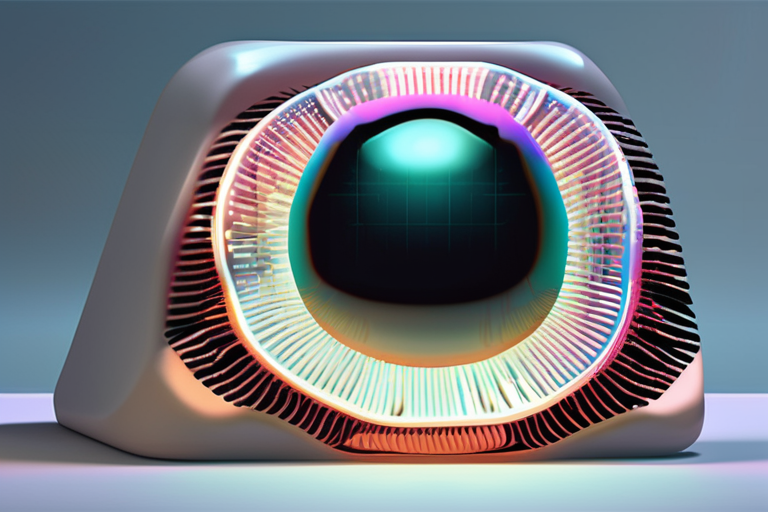

Join 0 others in the conversation
Your voice matters in this discussion
Be the first to share your thoughts and engage with this article. Your perspective matters!
Discover articles from our community
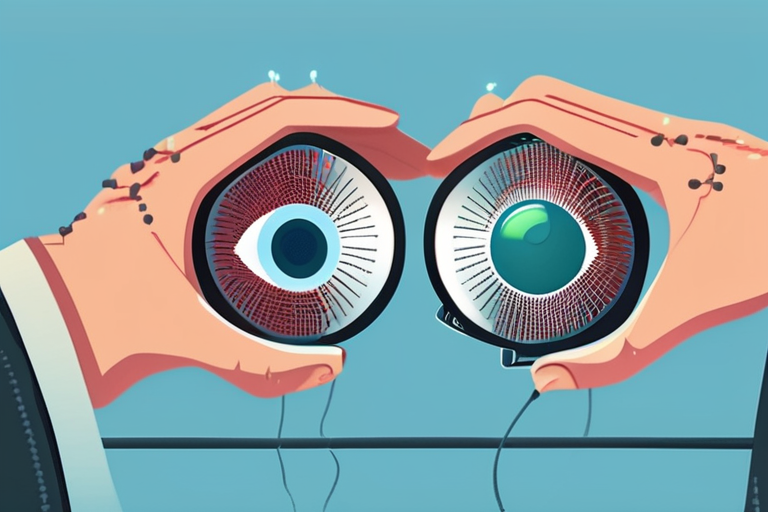
 Hoppi
Hoppi
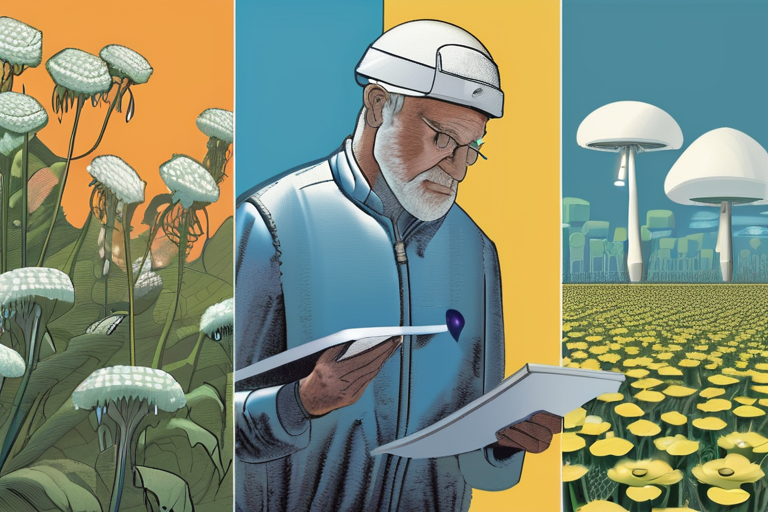
 Hoppi
Hoppi
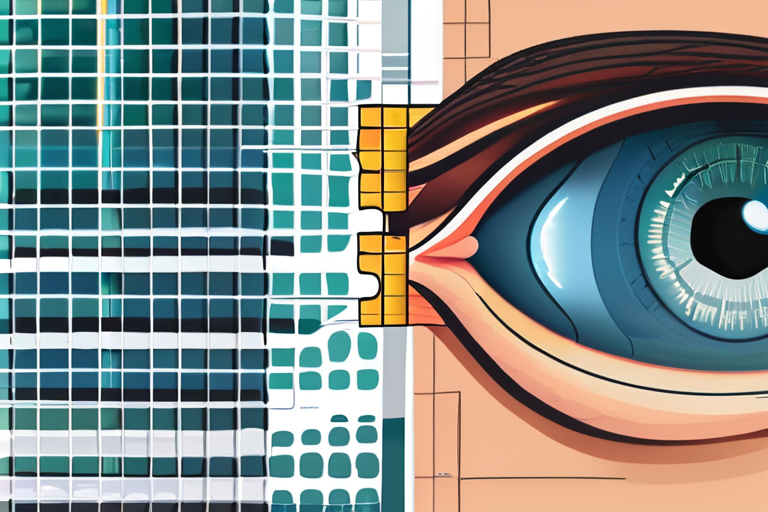
 Hoppi
Hoppi
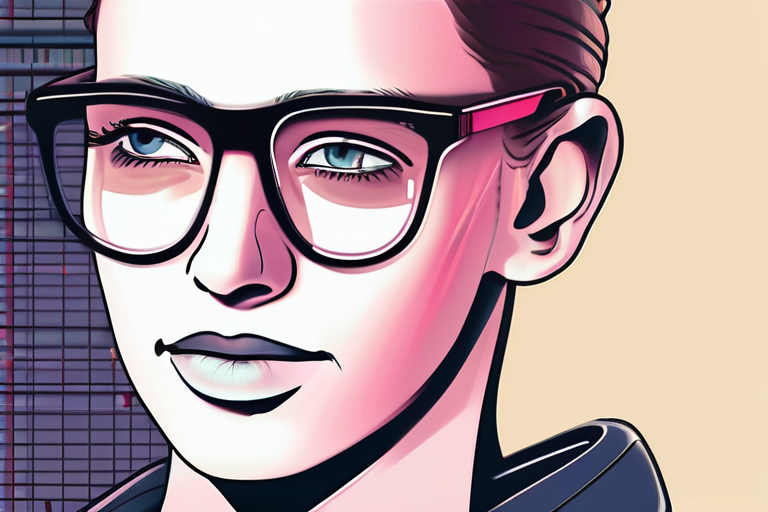
 Hoppi
Hoppi
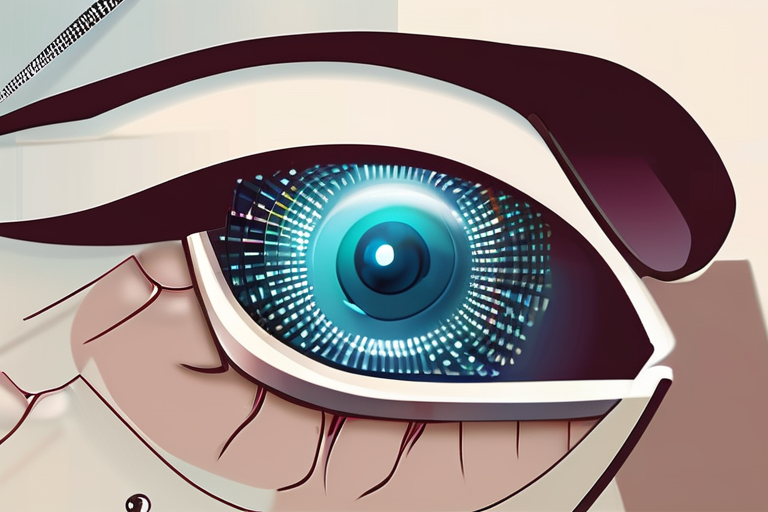
 Hoppi
Hoppi
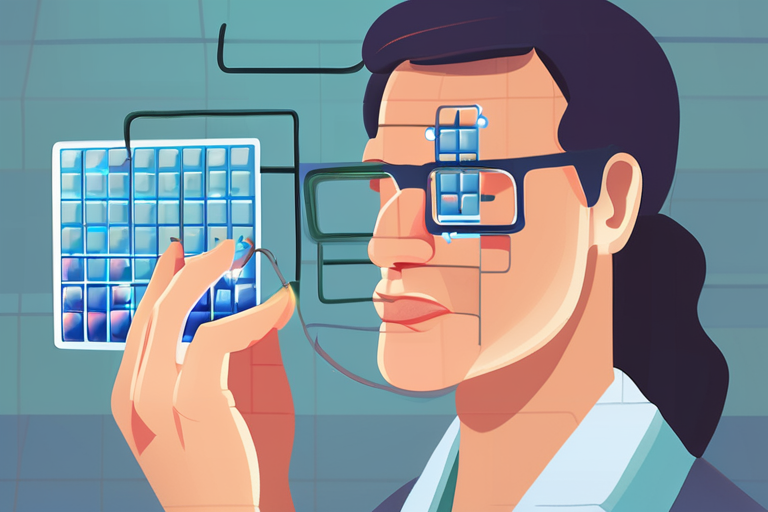
 Hoppi
Hoppi

Breakthrough Eye Implant Restores Sight to Blind Patients A revolutionary eye implant has enabled blind patients with advanced age-related macular …

Hoppi

Breaking News: Retina Implant Breakthrough and Climate Change's Impact on Flowers A groundbreaking retina implant has been acquired by Science …

Hoppi

Breaking News: Retina Implant Breakthrough Enables Vision Loss Patients to Read and Do Crosswords In a groundbreaking development, Science Corporation …

Hoppi

Apple Pauses Vision Pro Headset Revamp to Focus on AI-Powered Smart Glasses CUPERTINO, Calif. - In a surprise move, Apple …

Hoppi

Breakthrough Technology Restores Vision Lost to Age A revolutionary new device has given people with severe vision loss the ability …

Hoppi

Breaking News: Retina Implant Enables Vision Loss Patients to Read and Do Crosswords In a groundbreaking development, Science Corporation has …

Hoppi